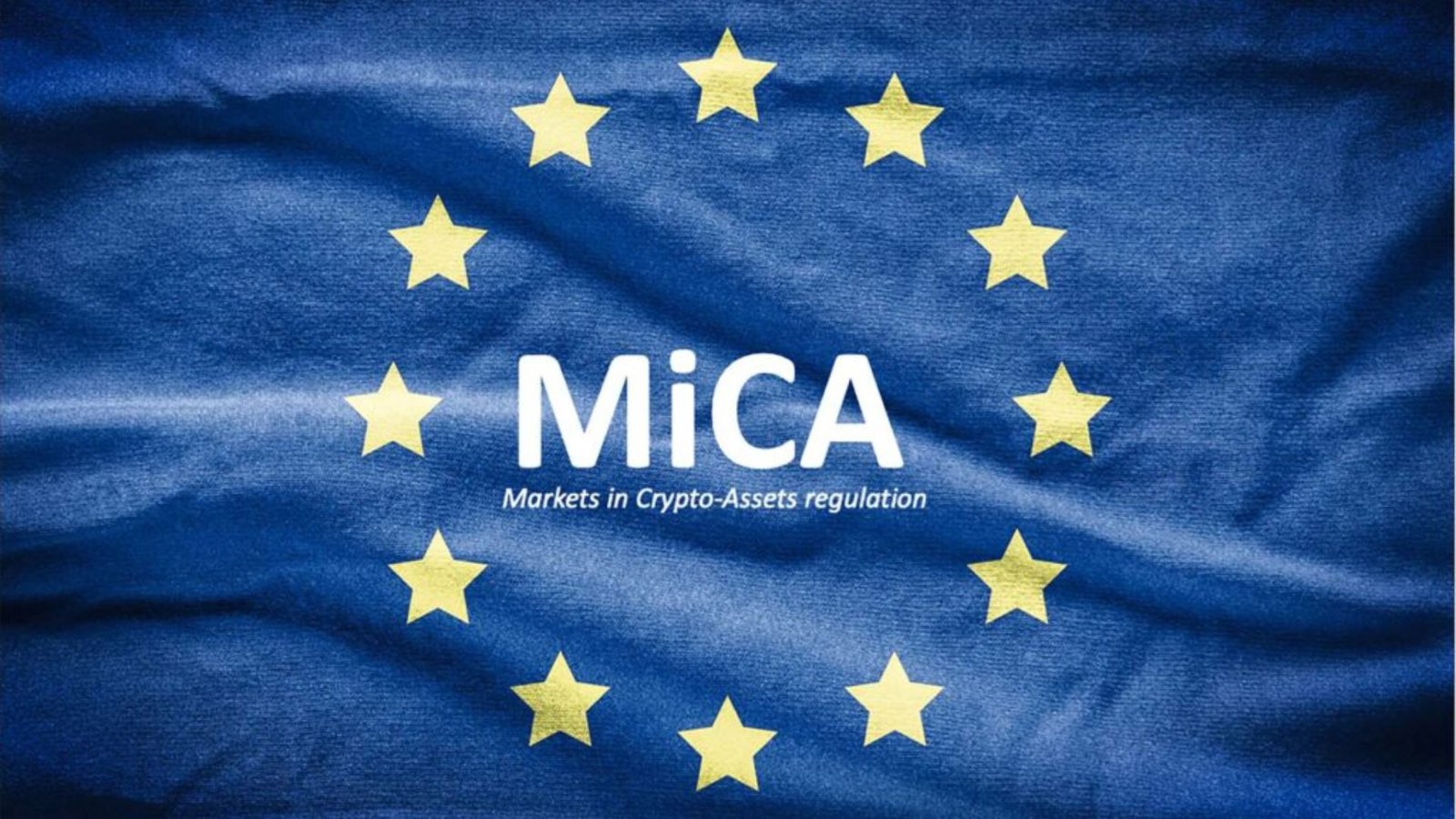The European Regulation on the Crypto Assets Market MiCA has officially started. The current law offers protections in the case of bankruptcy and focuses on safeguarding consumer funds. MiCA is an important step in improving the safety and credibility of the cryptocurrency market in the EU. Moreover, it aims to promote innovation while offering efficient risk management.
Read More About: Emergency Departments Closed Across Portugal For Today And New Year
MiCA Regulation On Crypto Assets

MiCA stands for Markets in Crypto Assets. It is a new law that creates clear rules for trading crypto assets and offering related services. It also aims to stop market abuse and protect consumers. This rule was introduced because of rising concerns about fraud and financial risks in the crypto market. The regulation seeks to create a balanced environment where businesses can grow while consumers feel secure.
The Securities Market Commission (CMVM) in Portugal supports the regulation. According to CMVM, MiCA creates a safer environment for both investors and businesses. This is expected to enhance trust and encourage wider adoption of crypto technologies.
Who Does It Apply To?
MiCA applies to many crypto related activities. It does not cover all types of crypto assets. Non fungible tokens (NFTs) which are unique digital items are excluded.
This decision has started debates as NFTs are becoming popular for art, gaming and other uses. Many experts believe that NFTs might require separate regulations in the future.
The law focuses on services like trade, preservation and issue of coins. Companies giving these services must now follow strict rules to protect customers. These rules are expected to create a more reliable market and reduce risks for everyone involved.
Key Goals Of MiCA
One main goal of MiCA is to protect investors. The law asks crypto service companies to give clear information about the risks of their goods. This helps customers make sensible decisions and lowers the chances of becoming victims to scams.
MiCA also ensures that customer funds are safe. Companies must keep customer funds in separate bank accounts. This prevents mixing customer money with business funds.
This rule reduces the risk of losing money if the company faces financial trouble. Additionally, businesses must adopt robust security measures to prevent cyberattacks and fraud.
Another key feature is a free complaints system for customers. This gives people an easy way to address problems without extra costs. It empowers consumers to demand accountability from service providers.
How MiCA Improves Stability
The crypto market has faced criticism for its lack of regulation. This has led to risks for investors and financial systems. MiCA solves these issues by requiring businesses to get licenses and follow strict rules.
Regular checks will ensure that companies comply with the law. These measures aim to reduce the volatility often associated with crypto markets.
Traditional financial institutions, like banks, can also offer crypto services under MiCA. They must inform their local authorities first. This step brings more stability and trust to the crypto market. It also creates opportunities for established financial players to enter the crypto space.
Businesses Transition Period
MiCA started on December 30, 2024. However, EU countries can give businesses up to 18 months to adjust to the new rules. This time allows companies to make necessary changes like improving risk management and separating customer funds. It also provides a buffer for smaller businesses to align their operations with regulatory standards.
The transition period helps businesses prepare for a fully regulated market. It also ensures a smooth shift for the industry. Experts believe this phased approach will minimize disruptions while encouraging compliance.
Benefits For Consumers And Businesses
MiCA gives several advantages to customers and companies. It offers greater transparency and security from risks like scams for customers. It increases trust in the cryptocurrency market to know that money is secure and that complaints are free. These defenses make it easier for people to trust and invest in digital currency.
For businesses, MiCA creates one set of rules for the entire EU. This reduces confusion and costs. Clear rules encourage innovation while ensuring safety and accountability. Businesses can also benefit from increased consumer trust, which may lead to more widespread adoption of crypto services.
NFTs Are Excluded

MiCA does not include NFTs in its scope. NFTs are unique digital assets used in art and games. MiCA focuses on fungible assets like cryptocurrencies and stablecoins. This exclusion has sparked discussions about whether separate rules are needed for NFTs to address their unique risks.
Some people support excluding NFTs and said they don’t pose the same risks as other crypto assets. Others believe that the fast growth of NFTs needs some regulation. Policymakers may revisit this decision as the NFT market evolves.
MiCA rules will likely influence other regions as the crypto market grows. The regulation sets a strong foundation for the future of digital finance in Europe.
The MiCA regulation creates clear rules that protect consumers and ensure market stability. Businesses and investors will need to adapt to this new environment. MiCA’s impact is going to set a global standard for future crypto regulations.





